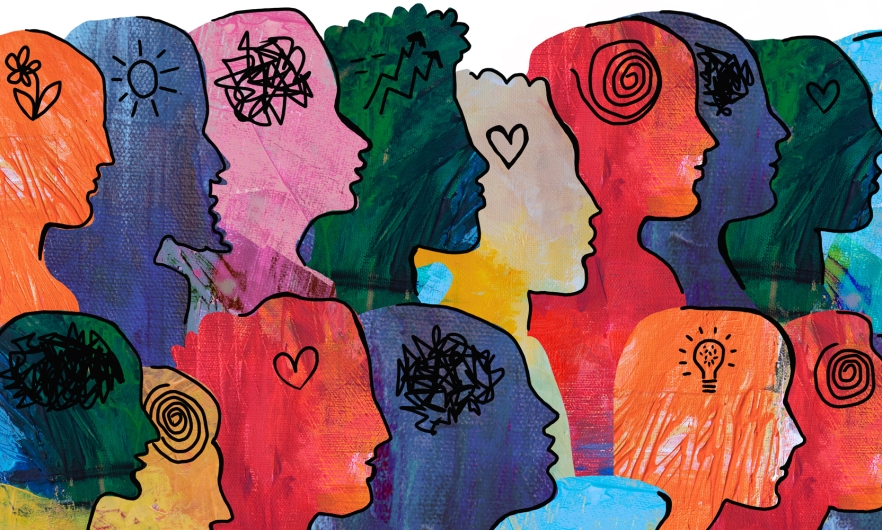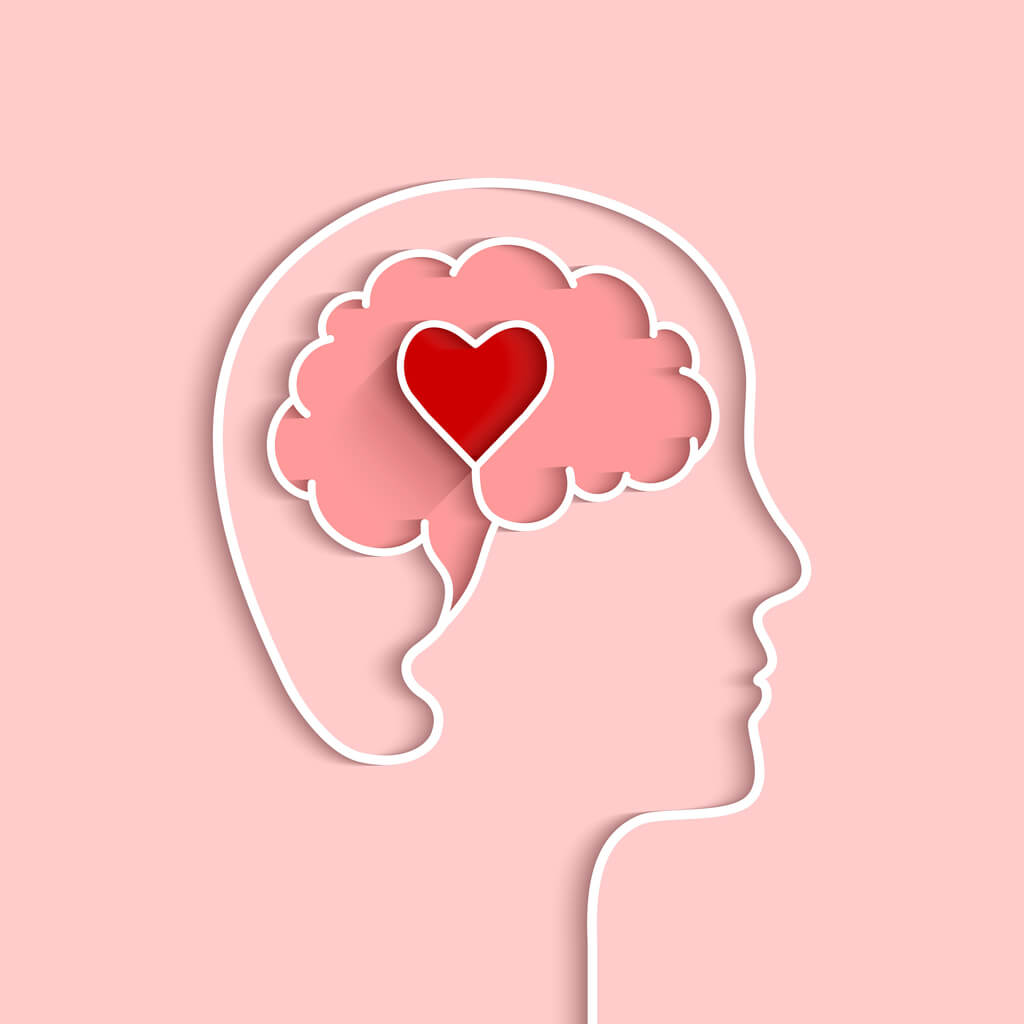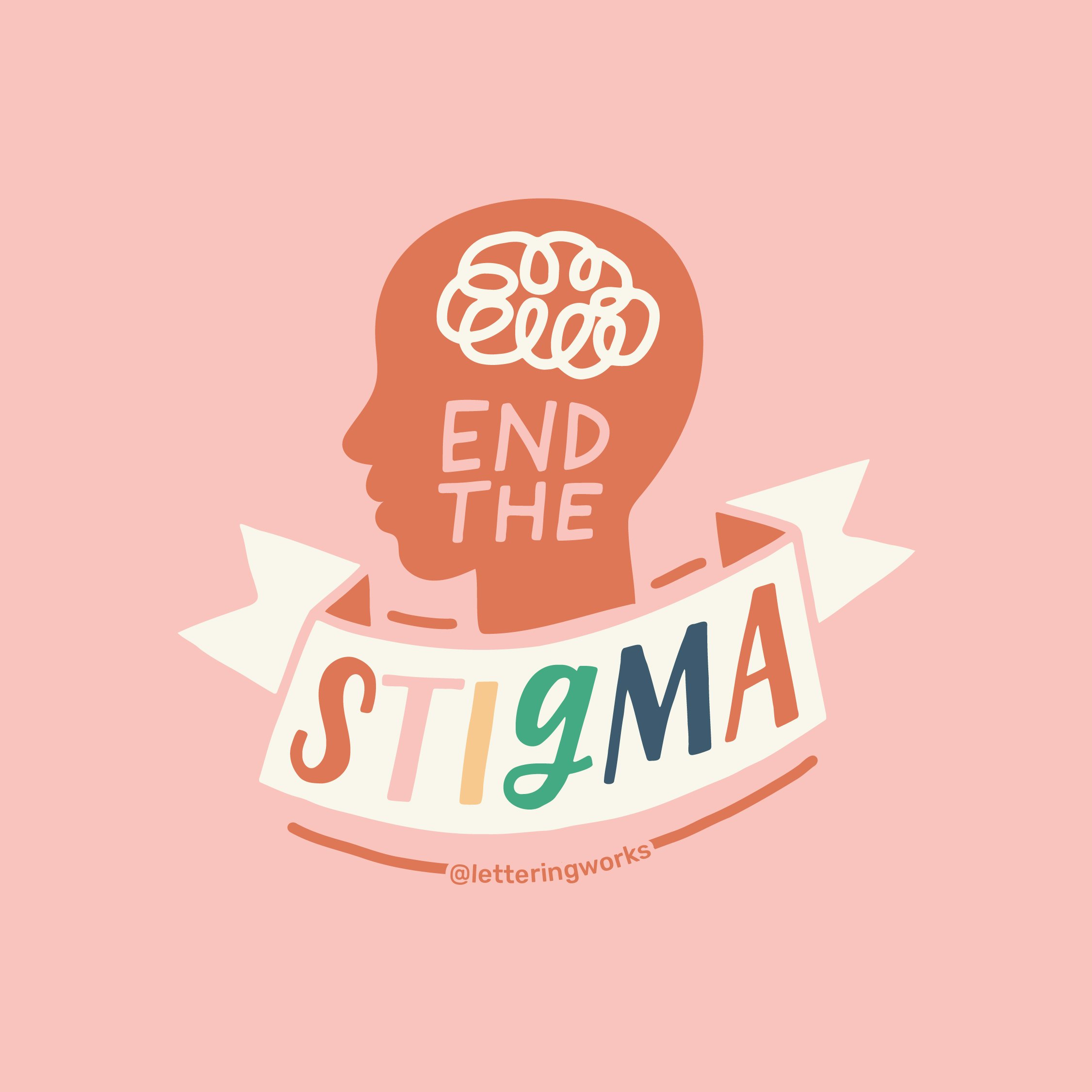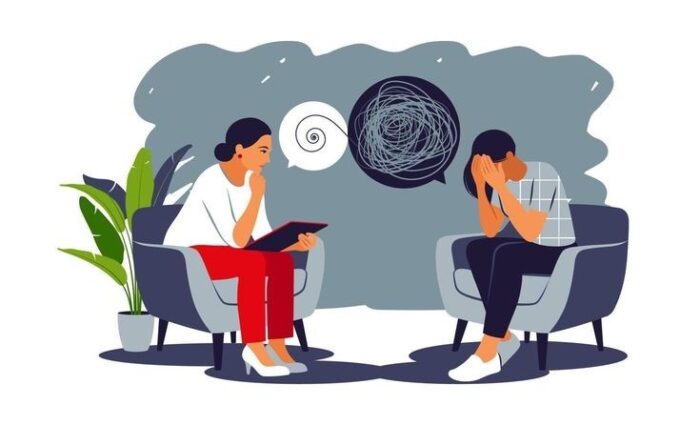Mental health is just as important as physical health — yet it’s often misunderstood, ignored, or stigmatized. Many people live with unspoken trauma, anxiety, or depression, believing it’s just stress or a personality flaw. But mental health conditions are real and serious, and like any illness, the sooner they’re identified, the better the outcome.

Mental health problems can be invisible, but their effects are far-reaching. Left untreated, they can grow more severe, affect relationships, reduce productivity, and in some cases, lead to self-harm or suicide. Early detection can change that. It allows for timely support, improved coping skills, and a better chance at full recovery.
Recognizing the Early Signs
Mental health issues often begin with subtle changes. These may include mood swings, withdrawal from usual activities, changes in sleep or appetite, difficulty focusing, low energy, or losing interest in things once enjoyed. If left unchecked, these small signs can evolve into bigger problems.
The Silent Struggles of Many
Too often, people keep their pain to themselves. Some are afraid of being judged. Others are told they’re just lazy or seeking attention — a harmful response that can deepen the wound. Many suffer silently, pretending everything is fine, while internally they’re fighting battles no one else sees.

As one reflection puts it:
Mental health is something that’s easy to talk about but so hard to understand. It’s like a disease you cannot see — and if ignored, it can get worse. Many people are living with their trauma and anxiety as if it’s normal. But it’s not. It affects how they live, and how they treat others. It takes strength to ask for help, but even more strength to survive without it.
Breaking Barriers and Taking Action
The biggest barriers to early detection are stigma and lack of awareness. In many communities, mental health is still a taboo topic. Access to care may be limited, or people may not know where to turn. That’s why we must normalize these conversations.
What can we do?
- Listen to yourself and others. Small changes in behavior or mood matter.
- Speak up. Talking about mental health reduces stigma.
- Seek professional help early. Therapy or counseling can make a huge difference.
- Support loved ones. Be patient, be present, and never judge.
- Promote awareness. Schools, workplaces, and homes must all be safe spaces.
A Call for Kindness
The world must adjust to the growing concern of mental health. It doesn’t cost anything to be a little more understanding and kind. Let’s build a community where people don’t have to hide their pain — where it’s okay to not be okay, and where healing is always possible.
If you or someone you know is struggling with mental health, don’t hesitate to reach out. Help is available.
Mental Health Support Hotlines in the Philippines
1. National Center for Mental Health (NCMH) Crisis Hotline
- Phone (Landline): 1553 (Luzon-wide, toll-free for Globe and TM)
- Mobile:
- Globe / TM: 0966-351-4518
- Smart / TNT: 0908-639-2672
- Available: 24/7
- Languages: Filipino and English
- Service: Free and confidential crisis counseling
2. Hopeline Philippines (In partnership with DOH, Globe, and Natasha Goulbourn Foundation)
- Globe / TM: 2919 (toll-free)
- Landline: (02) 804-4673
- Mobile: 0917-558-4673
- Available: 24/7
3. Mind Matters by InTouch Community Services
- Landline: (02) 8893-7603
- Globe Hotline: 0917-800-1123
- Smart Hotline: 0922-893-8944
- Email: intouch@in-touch.org
- Service: Counseling and psychotherapy (may include fees, but some helplines are free)
4. Ateneo Bulatao Center for Psychological Services
- Email: bulataocenter.ls@ateneo.edu
- Facebook: facebook.com/ateneobulataocenter

Mental health conditions are not a weakness — they are health conditions. And they are treatable. Early detection is more than a diagnosis; it’s a lifeline. By recognizing the signs, removing the stigma, and encouraging kindness, we create a safer, healthier world for everyone.







